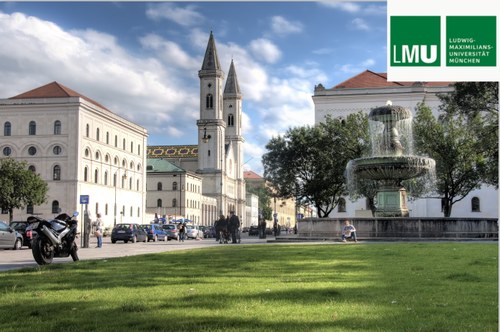
As one of Europe’s leading research universities, LMU is committed to the highest international standards of excellence in research and teaching. Building on its 500-year-tradition of scholarship, LMU covers a broad spectrum of disciplines, ranging from the humanities and cultural studies through law, economics, medicine and the sciences. Over programs available in 150 subjects in numerous combinations, are offered to the 49,000 students currently enrolled. 700 professors and the 3,600 people strong academic staff are involved in teaching and researching activities. Exchange is at the core of the globalization of knowledge. That is why LMU cooperates with more than 400 partner universities and research institutes in the world. Our broad network of international contacts includes some 7,000 students from 125 countries and 1,500 staff members, who have joined LMU to study, teach and pursue research. The Faculty of Cultural Studies houses disciplines that apply philological, archaeological, anthropological or sociological methods to the exploration of cultures, in Europe and Asia, from prehistory to the present day. At present the faculty comprises 2,200 German and 390 international students, 35 professors and 71 academic staff. The Institute for Near Eastern Archaeology was founded in 1969 and since 2013 Adelheid Otto is holding the chair. The interest focuses in the Archaeology, History and Art History of Mesopotamia and the adjacent regions of the Near East. The institute has a long tradition of excavations in the Near East. Excavation work has been conducted at several sites in Iraq, Syria, Turkey, Iran, The Emirates, Armenia, and Uzbekistan. LMU will be the leader of WP2 and will coordinate the transfer of know-how of the Iraqi academic staff and the Iraqi administrative staff. The long experience of LMU in the training of international students and scholars and the outstanding research facilities including one of the best research libraries worldwide makes it the appropriate choice for the training of Iraqi staff.
For more info visit the LMU website http://www.en.vorderas-archaeologie.uni-muenchen.de/index.html.
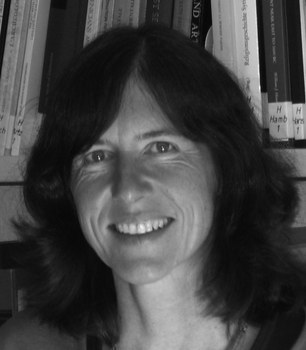
ADELHEID OTTO. Professor of Archaeology of the Ancient Near East at the LMU. Earlier she was full professor at the University of Mainz and deputy professor at the universities of Berlin and Vienna. She is associated professor at the Collège de France in Paris. She has been also elected in 2015 the President of the Deutsche Orient-Gesellschaft (D.O.G.). She participated and directed several excavation and survey projects in Syria, Iran, Cyprus and Iraq. Since 1993 she has been directing the excavation project at Tall Bazi (Syria). Since 2015 she directs an excavation project in Northern Iraq. Prof. Otto is the Co-Director of the German-French research project on the Historical Geography of Upper Mesopotamia funded by the German Research Foundation DFG and the French Research Foundation ANR, and is Co-Director of the German-French research project on Ancient Near Eastern Metrology funded by German DAAD and French Research Foundation. She has been the leader of the DAAD University partnership program with the Archaeology Department of Sulaimaniya University. She is the co-editor of the Zeitschrift für Assyriologie (ZA) and member of the editorial board and scientific committee of various journals. She is in the Board of the Munich Graduate School “Distant Worlds” and a member of the Munich Archaeo-Bio-Center. She organized several international conferences and is author of 80 scientific publications and several books.
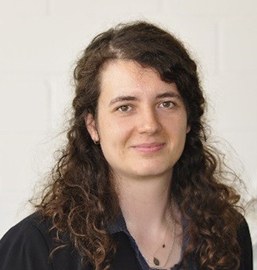
SIMONE MÜHL. Research Associate at LMU of Munich. Her teaching covers a wide range of topics in Ancient Near Eastern Archaeology and also involves training of students in satellite remote sensing, GIS and digital excavation recording methods. She coordinated the Iraqi German University Partnership Sulaymaniyah Munich (Iraqi-German, DAAD). From 2015, Dr Mühl is directing the international and interdisciplinary research cooperation project “Escape – Migration – Interaction. Artefact-related diversity in Ancient Near Eastern contexts of the 3rd and 2nd millennium B.C.” with excavations at Gird-i Shamlu and archaeomagnetic investigations in the Shahrizor Plain, Sulaymaniyah Province, Iraq. She has been directing the Shahrizor Survey Project (Iraq) since 2009. From 2006 to 2011 she worked in the Makhul Dam publication project, in 2014 she coordinated the publication of salvage excavation reports of the Directorate of Antiquities in Sulaymaniyah Province (Iraq). She is active in archaeological heritage programs, where she conducted salvage excavations, and worked as an expert on pottery in the UNESCO Slemani Museum refurbishment program. She authored a book on the archaeology of the Tigris region east of Ashur (Iraq), and wrote 24 articles about the archaeology in Iraq.
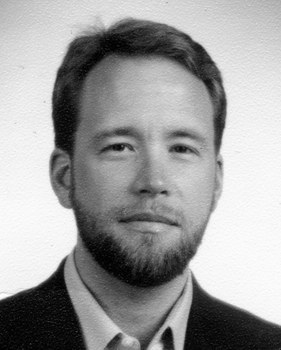
KAI KANIUTH. Previously Lecturer at LMU, he is currently Departmental Coordinator for Cultural Studies and Senior Lecturer in Near Eastern Archaeology at the same institution. He studied at the universities of Heidelberg (BA), Cambridge (MA) and Munster (PhD). From 2007 to 2010 he directed a research project in Uzbekistan (Tilla Bulak), while since 2013 he coordinate an archaeological survey in Azerbaijan. He also participated in leading positions in projects in Iraq, Jordan and Turkey. Dr Kaniuth co-organized two international conferences on Near Eastern Archaeology. He also authored one monograph, two co-edited volumes and twenty articles in peer-reviewed journals.
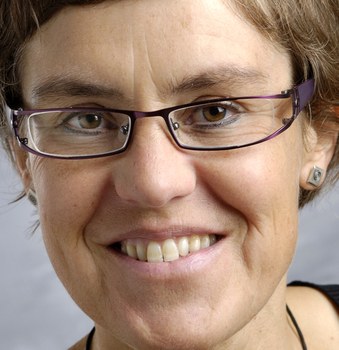
ILONA SPALINGER She is the Chair secretary at Institute for Near Eastern Archaeology since 2014. She supervises all the international partnerships, exchange programs, special programs/projects and internationalization at the institut. She has more than 20 years of extensive experience in the fields of marketing, consultancy and translations, working since 1992 with different societies including Pierre Audoin Consultants, Brass Work Munich and Inforama press.